This post is also available in: Español (Spanish) Kreyòl (Haitian Creole) Português (Portuguese)
The W.K. Kellogg Foundation Global Fellows Network is connecting change agents, thought leaders and influencers committed to effecting sustainable change around the world. Explore the stories of select fellows from the network’s key regions: Latin America and the Caribbean, Southern Africa and the United States.
The W.K. Kellogg Foundation (WKKF) Global Fellows Network (GFN) is a collective that spans more than 40 countries and more than 1,100 people – all graduates of WKKF fellowship programs, past or present. Within their ranks are grassroots leaders, public servants, educators, judges and doctors. Each possesses expertise and wisdom in creating transformative change within their organizations and communities.
The network is committed to promoting connection, collaboration and action.
“At the end of the day, what we’re looking for is the opportunity to transform, ” said Debra Harry, a Kooyoee Dukaddo woman from Kooyooe Pah (Pyramid Lake) Nevada, and graduate of the Kellogg National Fellowship Program.
Connection
Debra Harry is a researcher who analyzes biotechnology, intellectual property and globalization in relation to Indigenous people’s rights. She became a WKKF fellow in the 1990s as she was studying biocolonialism.
“That work ended up taking over about 30 years of my life,” Harry said. “What the Kellogg Foundation experience enabled me to do was to become more exposed to Indigenous peoples around the world to build connections.”
Harry also developed connections with the scientific community and other experts who helped guide her own self-learning.
Collaboration
A collaboration between WKKF fellows Marco Sosa of Columbia and Zenón Gomel of Peru led to a model for an innovative online platform that allows small farmers to sell directly to consumers – an approach that supports economic sustainability and food security in the community.
With limited financial resources in Latin America and the Caribbean, fellows in the region understand collaboration is crucial to move projects forward.
“Don’t we all think our problems are one of a kind? But, I realize that no, the problems are almost the same in all communities. But the ways to address those problems are totally different and lead to different solutions,” Sosa said.
For Hastings Saka, of Lilongwe, Malawi, connecting with other fellows “means sustaining the vision of W.K. Kellogg,” the Kellogg Foundation’s founder.
Saka graduated from the Kellogg Southern Africa Leadership Program, which operated in Botswana, Lesotho, Malawi, Mozambique, South Africa, Swaziland and Zimbabwe. There are more than 250 WKKF fellows in Southern Africa. Several have not only found collaboration attractive, but necessary to accomplish common goals. Establishing libraries in schools in Lesotho is one example.
Saka said the value of the GFN is found in the people.
“Every human being, every person you meet is a resource,” said Saka.
Action
Pamelya Herndon, a WKKF Community Leadership Network graduate, said the program prepared her for a leadership role she would later hold in the New Mexico Legislature.
Shortly after she won office in 2021, she was named vice chair of the Taxation and Revenue Committee. Herndon, a former senior attorney for the Internal Revenue Service, was determined to collaborate, communicate and influence policymakers to look at taxes through the lens of all the people they represent. During a special session in 2022, the Legislature voted to give a rebate to every family in the state, she said.
“The connections that we have made, have had a bigger impact on the communities where we live than we ever could imagine,” Herndon said.
Ultimately, all the fellows know that when it comes to creating lasting, transformative change, the people who live in the communities must be involved in the work. Zenon Gomel of Peru, agrees.
“Right now, I’m working in Peru on the ethnobotanical classification of Andean crops. This isn’t a matter for a specialist. A scientist can’t create it,” said Gomel. “The knowledge is created by the community.”

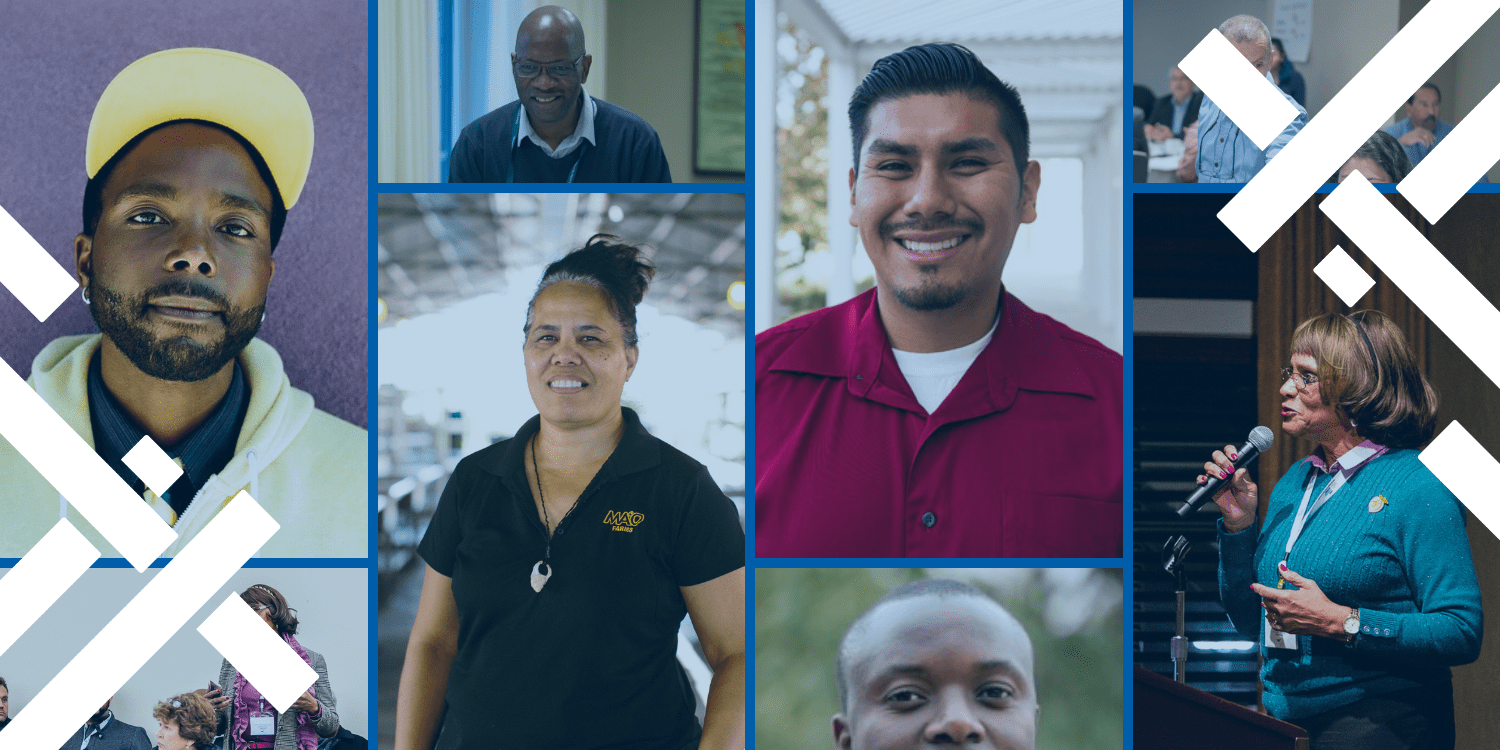
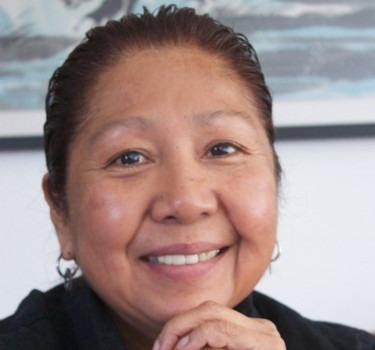
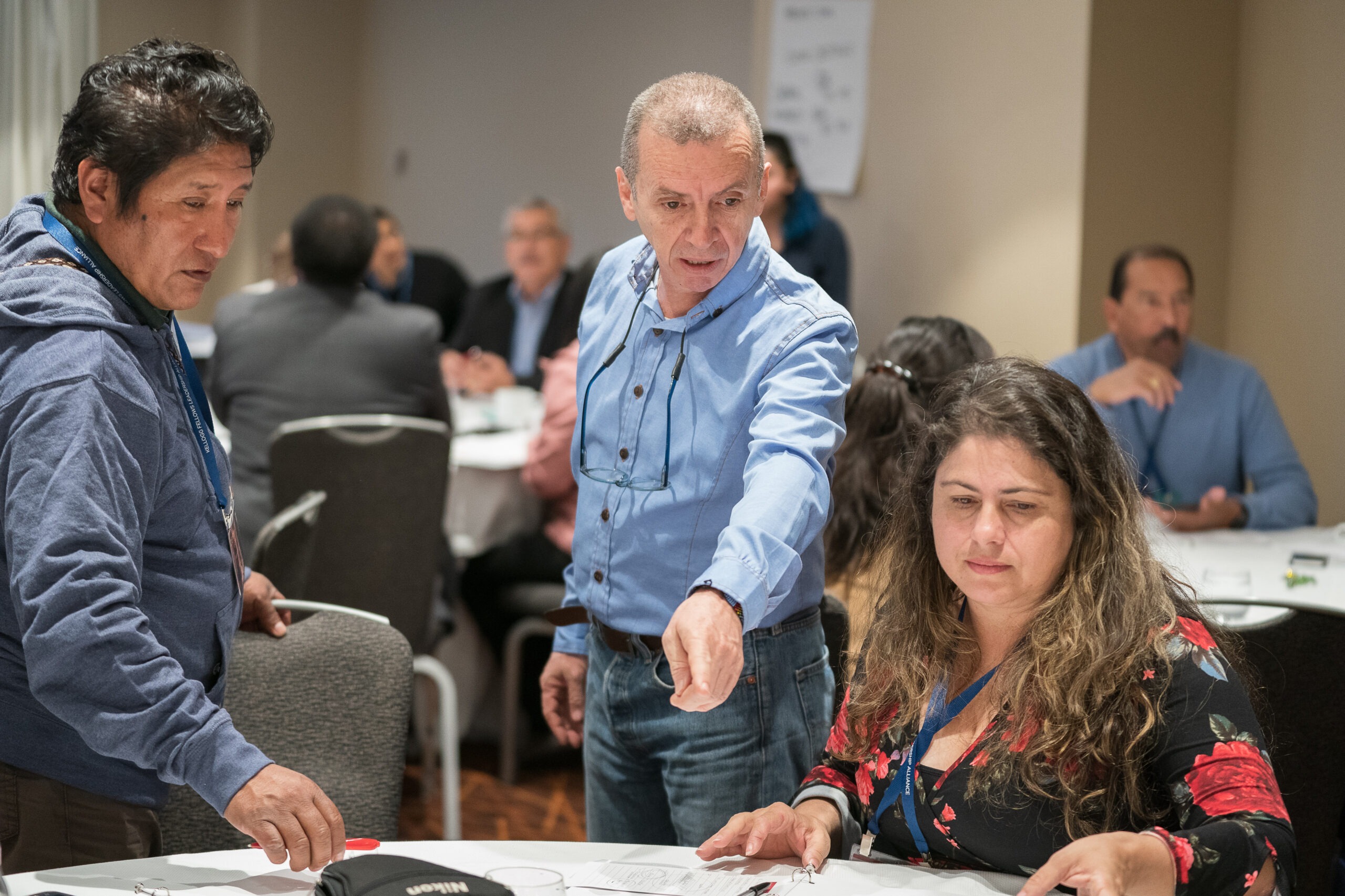
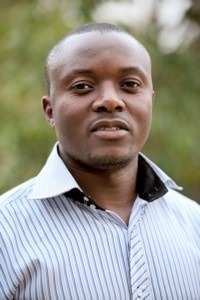
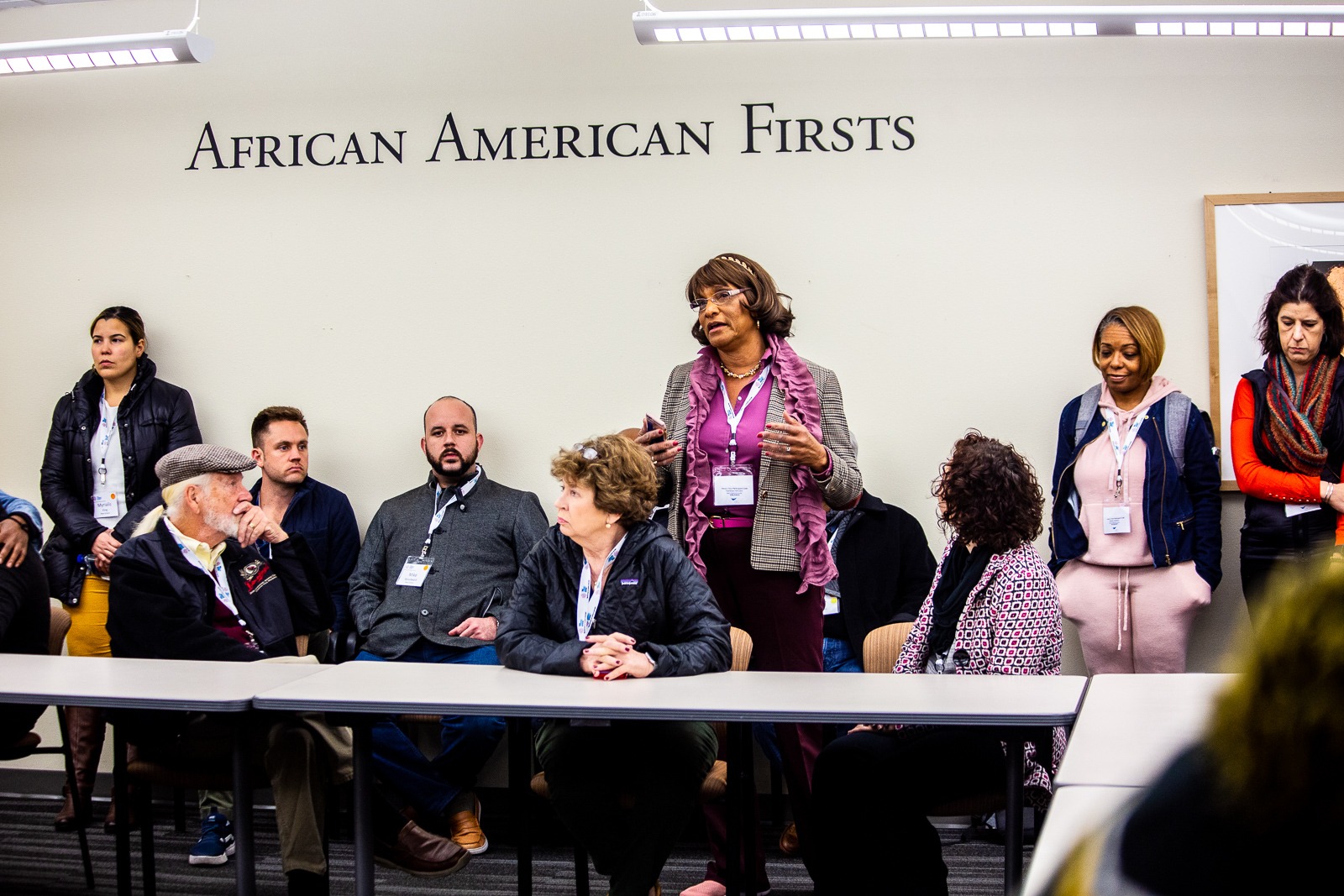

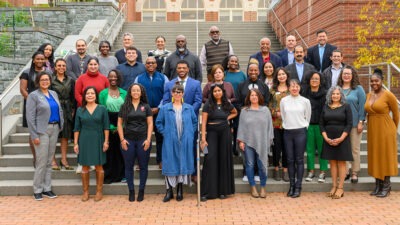
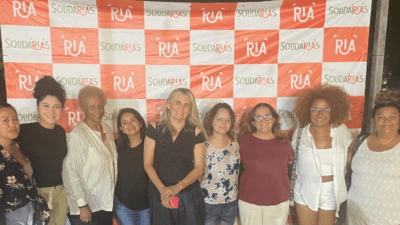
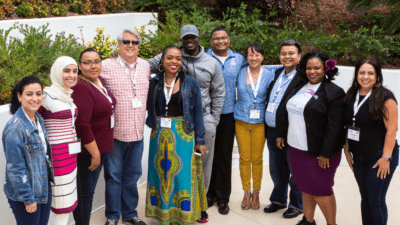
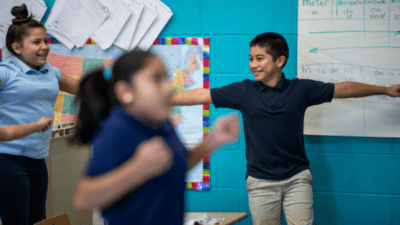

Comments